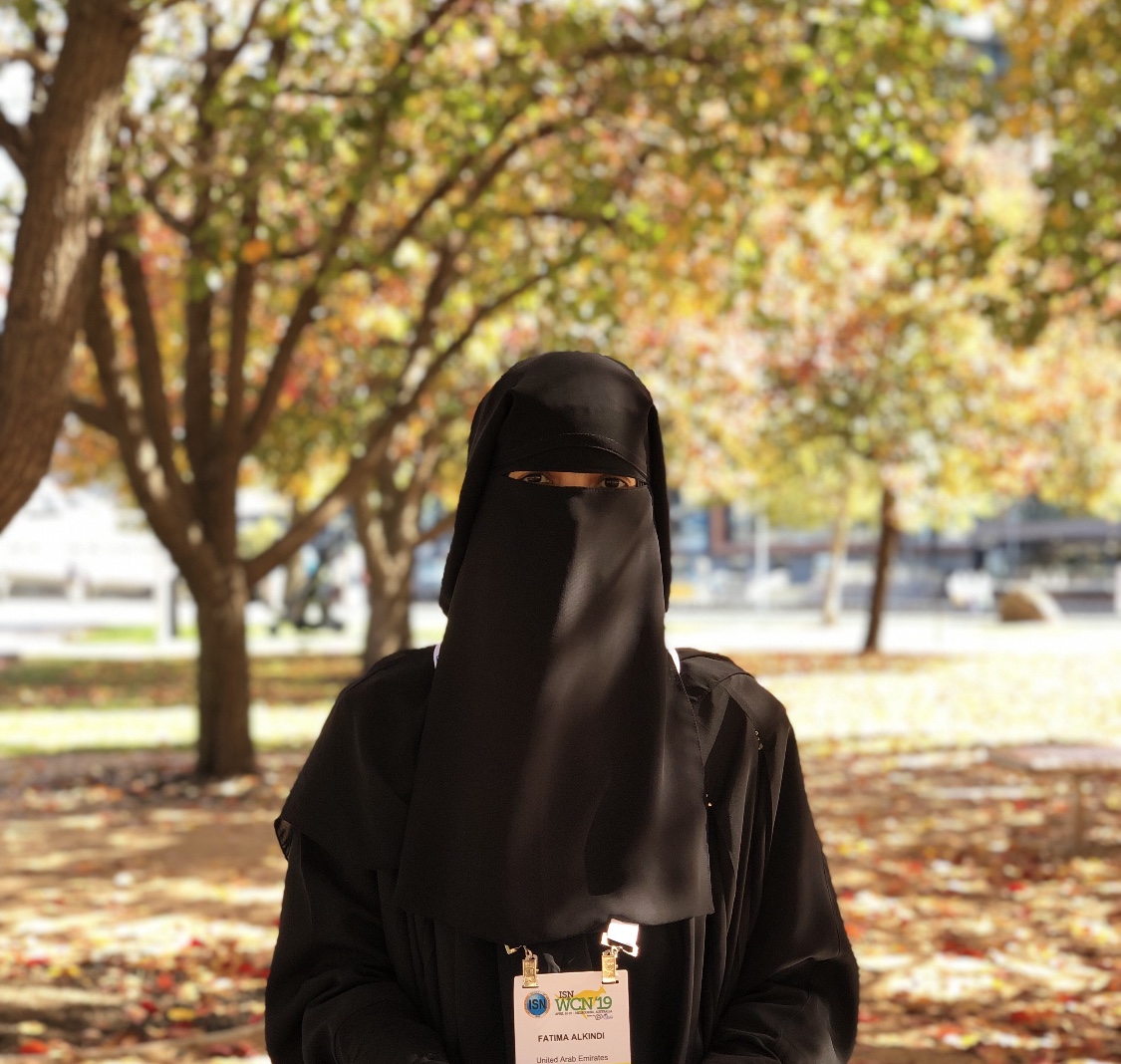
Is gastric sleeve surgery an optimal therapy for weight reduction post renal transplantation?
Fatima AlKindi1, Amnah AlHanaee3, Ahmad Chaaban2, Mohammed AlHakim2, Qutaiba Hussain2, Hanan Eljack2, Khaled Mzayen2, Imran Khan2, Mohammed Budruddin2, Yousef Boobes2.
1Internal Medicine, Tawam Hospital, AlAin, United Arab Emirates; 2Nephrology Department, Tawam Hospital, AlAin, United Arab Emirates; 3Gastroenterology, Tawam Hospital , AlAin, United Arab Emirates
Introduction: obesity post renal transplantation has negative impact on graft survival and related complications. Short term efficacy and weight reduction has been reported with various types of bariatric procedures and limited number of renal transplant patients underwent laparoscopic sleeve gastrectomy (LSG). We report the outcomes of sleeve gastrectomy among obese renal transplant patients.
Method: A retrospective chart review study was conducted for adult (>18 years) renal transplant patients in Tawam hospital over 7 years (January 2013 to January 2020). Obese renal transplant patients who underwent laparoscopic sleeve gastrectomy were included. Clinical, laboratory, and outcomes related to surgery were studied and analyzed.
Results: Five morbidly obese renal transplant patients had underwent LSG during study period. The mean age was 36.2 years (3 females and 2 males). The comorbid conditions in our cohort were hypertension (5[100%]), diabetes mellitus (4[80%]), dyslipidemia (4[80%]), chronic kidney disease stage 2 (100%) and obstructive sleep apnea (2[40%]). Three patients had baseline body mass index (BMI) between 35-39 kg/m2 and two patients had BMI more than 45 kg/m2. The mean baseline weight was 113.4 kg. The mean duration of transplantation was 9.8 years and all patients had transplant from living donors. The maintenance immunosuppression medications consist of triple therapy regime (prednisolone 5mg (100%), tacrolimus (100%), mycophenolate (60%), and mycophenolic acid (40%))
Trial of diet control and exercise failed to achieve the desire weight reduction in all patients prior to LSG. There was no major intraoperative surgical complications and mean duration of post-operative hospital stay was 2 to 3 days. One patient underwent LGS and hiatal hernia repair complicated by small hematoma managed with drain.
Early post-operative complications were tacrolimus toxicity (at 2 and 4 weeks) observed in two patients associated with acute kidney injury managed with dose reduction and hydration. Three other patients had elevated tacrolimus trough levels 9 to 10 ng/mL (at 2, 3 and 8 weeks) without major symptoms and required dose reduction. Other complications were iron deficiency anemia (2), low vitamin B12 level (1) and one patient had bile reflux gastritis 5 years post-operative.
The median follow up period post LSG was ranging from 3 months to 6 years. Weight reduction in our cohort were steady overtime with mean weight of 93.4 Kg at 3 months and 83.25kg at 9 months. There was positive effects on diabetes and blood pressure control with reduction of medications.
Conclusion: Laparoscopic sleeve gastrectomy has good short-term outcomes for weight reduction and control of diabetes and hypertension in morbidly obese renal transplant recipients. Risks of tacrolimus toxicity and acute kidney injury need to be monitored in early post-operative period. Pharmacokinetic studies and large randomize control trials with long follow up are required.
There are no comments yet...